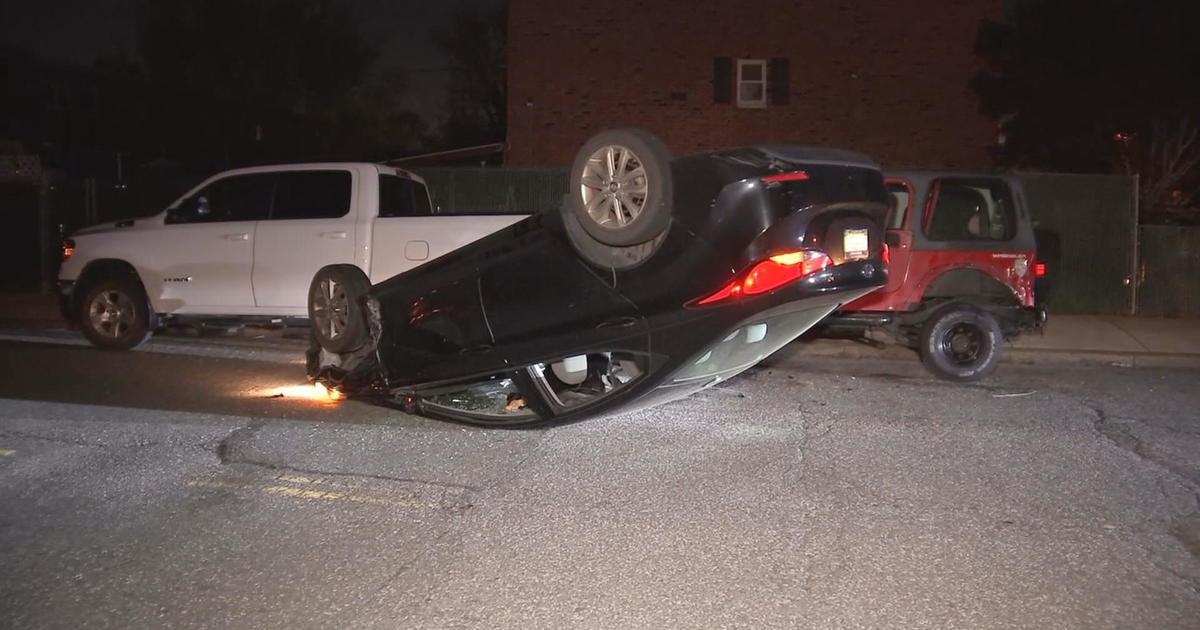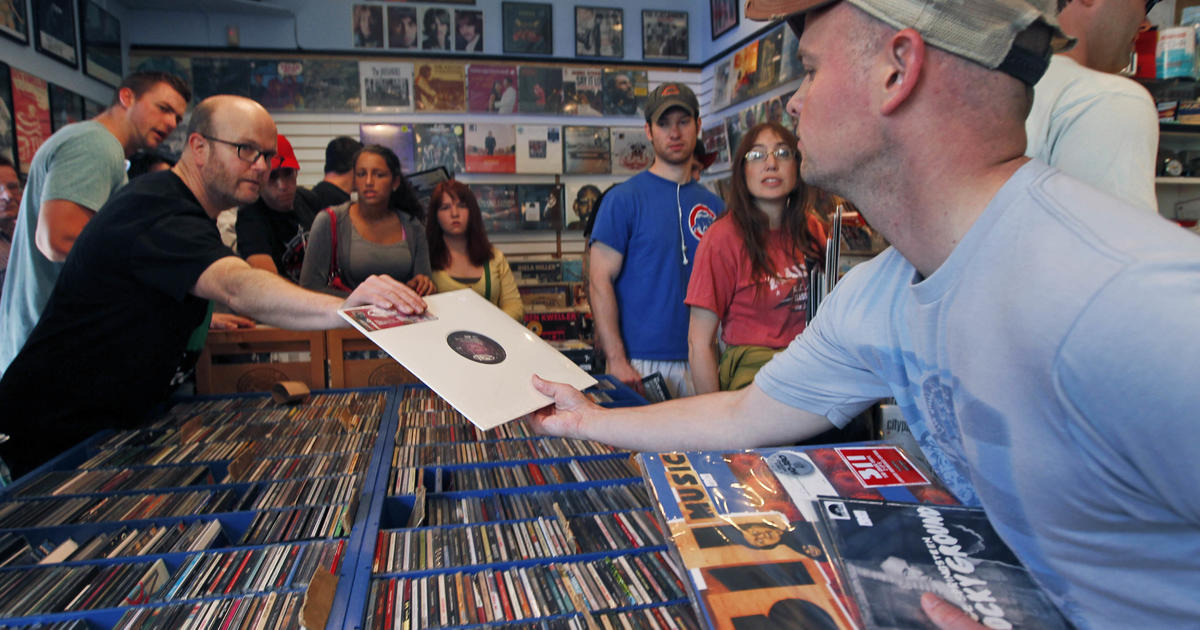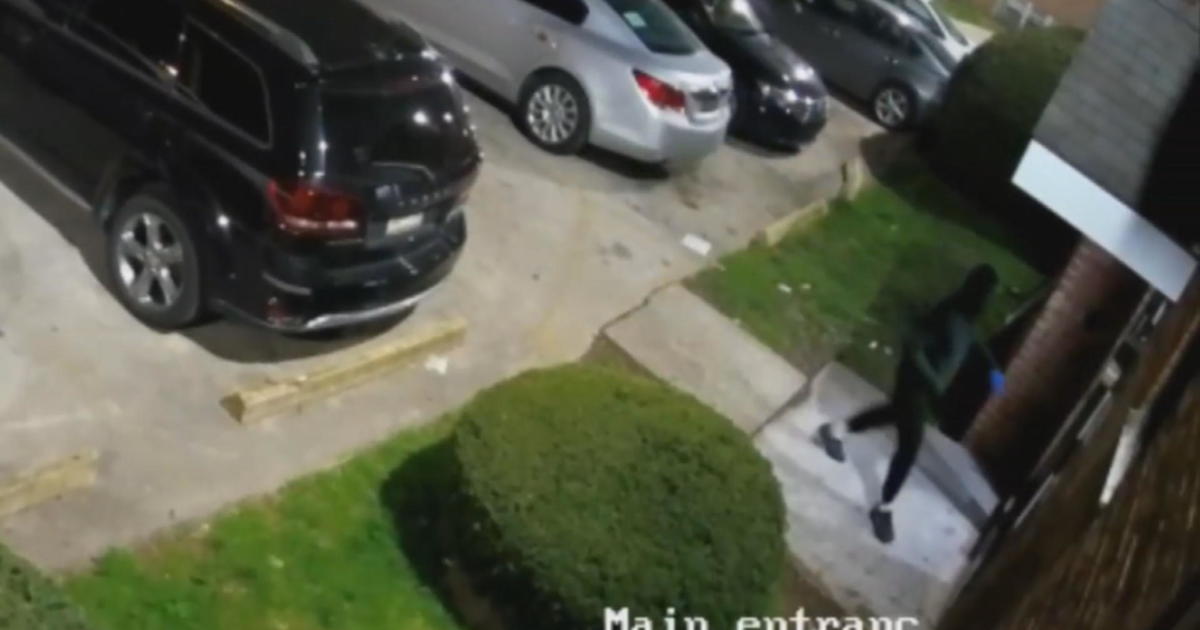Angie's List: Holiday Travel Car Care
By Jim Donovan
PHILADELPHIA (CBS) -- Are you planning to do a lot of traveling over the holidays? Maybe some long car trips to visit relatives? In this week's Angie's List, Jim Donovan explains why you should consider giving your car a check up before hitting the road.
If you're taking any road trips over the holidays whether long or short, you want to be sure your car gets you to your destination.
"The last thing you want is to break down with all the family in the car and the presents. It can be an utter disaster! Take your car into the mechanic for a once over before you hit the road," said Angie's List founder, Angie Hicks.
While modern cars are more reliable than ever, they still need regular maintenance especially when it comes to your brakes.
"Brakes are one of the most important functionality of the car and we don't want to ignore them because it can be a very big issue. If you start hearing noises with your brakes have it checked out right away. It's not a repair you want to put off. In fact, you should probably have your brakes checked once every six months just as a precaution," said Hicks.
And keep an ear out for any unusual sounds.
"You'll hear a screeching noise that will sometimes go away when you apply the brakes or only occur when you apply the brakes," said mechanic Fred Kuhn.
Other signs your brakes may be in trouble, feeling vibrations or pulsing when you apply the brakes. And if you hear grinding, you know there's trouble.
"That grinding noise means uh-oh you've gone a little bit too long and that usually requires replacing the brake rotors also," said Kuhn.
Signs you need brake repair:
• Squealing: If you notice a high-pitched squealing sound when you apply the brakes, it's a good indicator that your brakes need to be replaced or at the very least inspected. Many vehicle and brake component manufacturers engineer wear indicators into their brakes to produce this sound to notify the driver brake work is needed. Other factors that can produce a high-pitched squealing from the brakes include a build-up of brake dust from the brake pads being worn down, debris or rust on the surface of the rotor or brake pads becoming glazed over from high heat.
• Grinding: If you hear grinding sounds when you apply pressure to your brake pedal, it means the pads weren't replaced in time or something is rubbing against the brake rotors the wrong way. The brake pads may be beyond their wear limit, they may be coming into rough, uneven contact with the rotors, or it can be something more sinister like brake calipers or pistons grinding against the rotor.
• Vibrations or pulsations when brake pedal is applied: Feeling pulsations or vibrations when you apply the brake pedal typically indicates the brake rotor is significantly worn or warped. Effective braking power relies on the brake pads and brake rotor coming into contact cleanly, that is the entire surface brake pad contacting the brake rotor simultaneously. A rotor that is warped by friction or heat, or worn beyond acceptable limits, can create vibrations or pulsations.
Loss of pressure on the brake pedal: When your foot presses on the brake pedal, you should feel a firm response that becomes increasingly firm as you press down harder. If you own a late-model vehicle (and not a classic or vintage vehicle without modern braking technology), a brake pedal that feels mushy or can be pressed all the way down to the floor can indicate several things. It could be a relatively minor problem such as a leak or gap in the brake lines allowing air to enter and diminish braking power or the brake pedal may need to be adjusted, or it may be something much more serious, such as a failing brake system.
• Dashboard warning lights: Modern vehicles with on-board vehicle diagnostic systems may display warnings on the instrument cluster to indicate issues with the braking system. If an "ABS" or "brakes" warning light appears on the instrument cluster and doesn't go away, or flashes, check your owner's manual for details. Be sure to inform your auto service technician about the warning lights when making a service appointment.
Brake repair:
• What's that sound? Many of us don't notice a needed repair until something changes, particularly how the car sounds. You're the most familiar with how your car is supposed to sound, so any new, unusual sound should be a call to action to contact a trusted auto repair pro.
• Brake check: A brake inspection should be part of your vehicle's ongoing regular maintenance to ensure safety and reliability. It's a good idea to have your brakes inspected at least every six months for signs of wear or degradation, or whenever you experience grinding, vibrations or shaking when you brake. Regardless of the vehicle, brakes generally need to be replaced every 20,000-30,000 miles. Don't wait until noises develop or become significantly louder to address brake system maintenance.
• What experience do you have? Ask the automotive technician about their experience inspecting brakes and making repairs. Do they have the specialized tools and equipment?
• Don't wait until the last minute: If you have a road trip coming up have a reputable mechanic give it a once over at least two weeks before you depart. That way, if they discover an issue, you have plenty of time to fix it before your trip.



